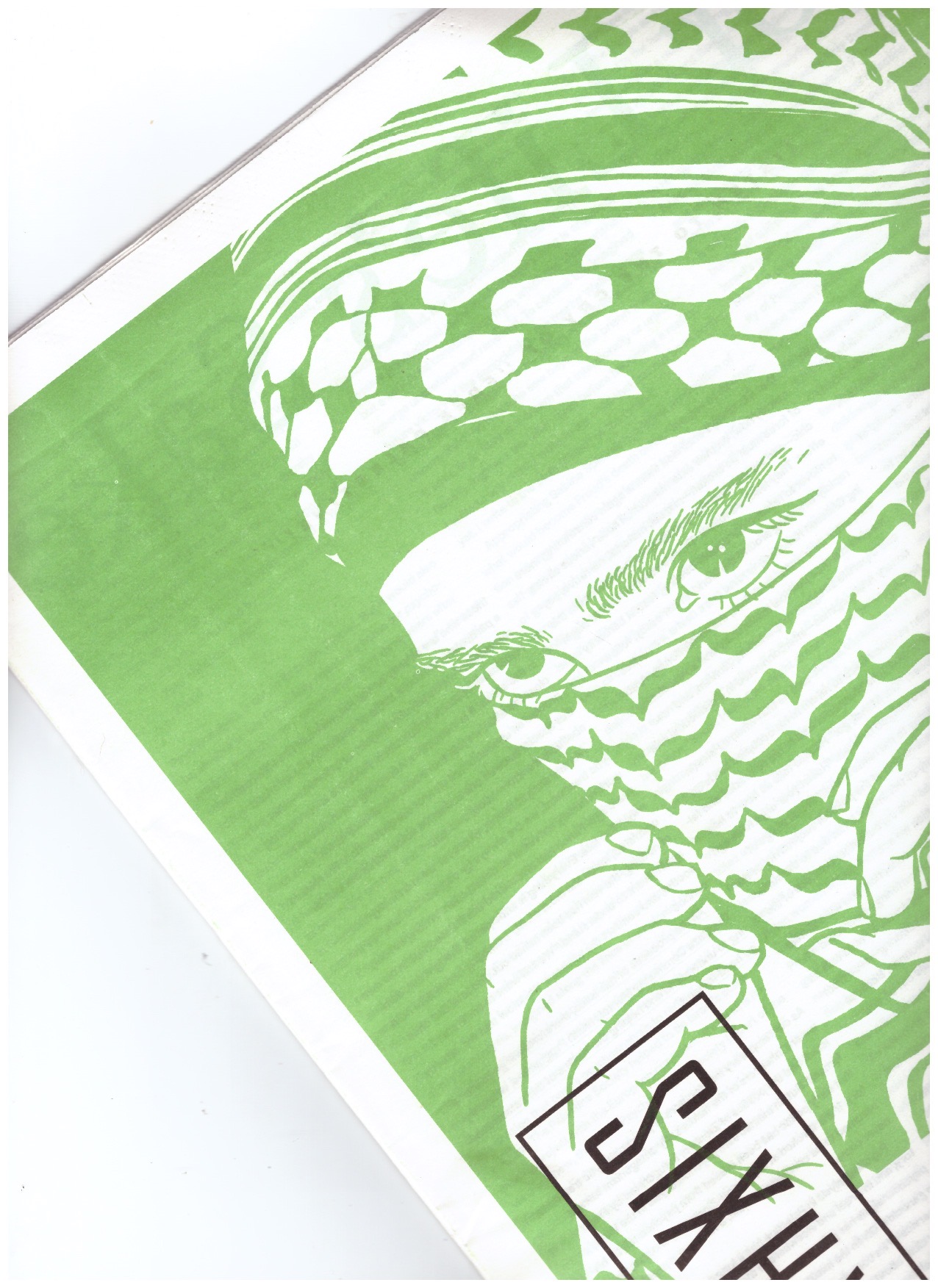ZEAVIN, Hannah (ed.)
Parapraxis: The Palestine issue
“There’s nowhere to go.” This is the refrain of the past year, resounding with the cries that first refused the Nakba in 1948. They are heard again, today, against every new bombing, evacuation order, and the genocidal Israeli annexation. Daily, Israel seeks to expand violently into its entire surround, amid the unmistakable and doubly limiting cruelty of Palestinian displacement—as total confinement and mass murder. The cry of this sentence is double-bound. Listen to it! This intimately barbed enclosure, tautly wrapped around the skin: to go is to suffer, and to stay is to suffer still more. From above, demolition and destruction aim to make this imprisonment permanent. From below, resistance aims to make this confining situation obsolete.
In their clinical language—uttered at a cozy remove, though this distance is not obvious and cannot be taken for granted—psychoanalysts may speak here of the maddening effects of “psychological double-binds.” Such a description does little justice to the confinement of a person imprisoned by colonial paralysis—or “ankylosis,” Fanon’s preferred term for the immobilized spine wrapped in colonial barbed wire. We have strived to refuse this wordlessness—the worldlessness of it—listening, instead, to Palestinian writers, clinicians, and liberation fighters as protagonists of this struggle. [...]
Published by Parapraxis, 2025
Politics / Periodicals
